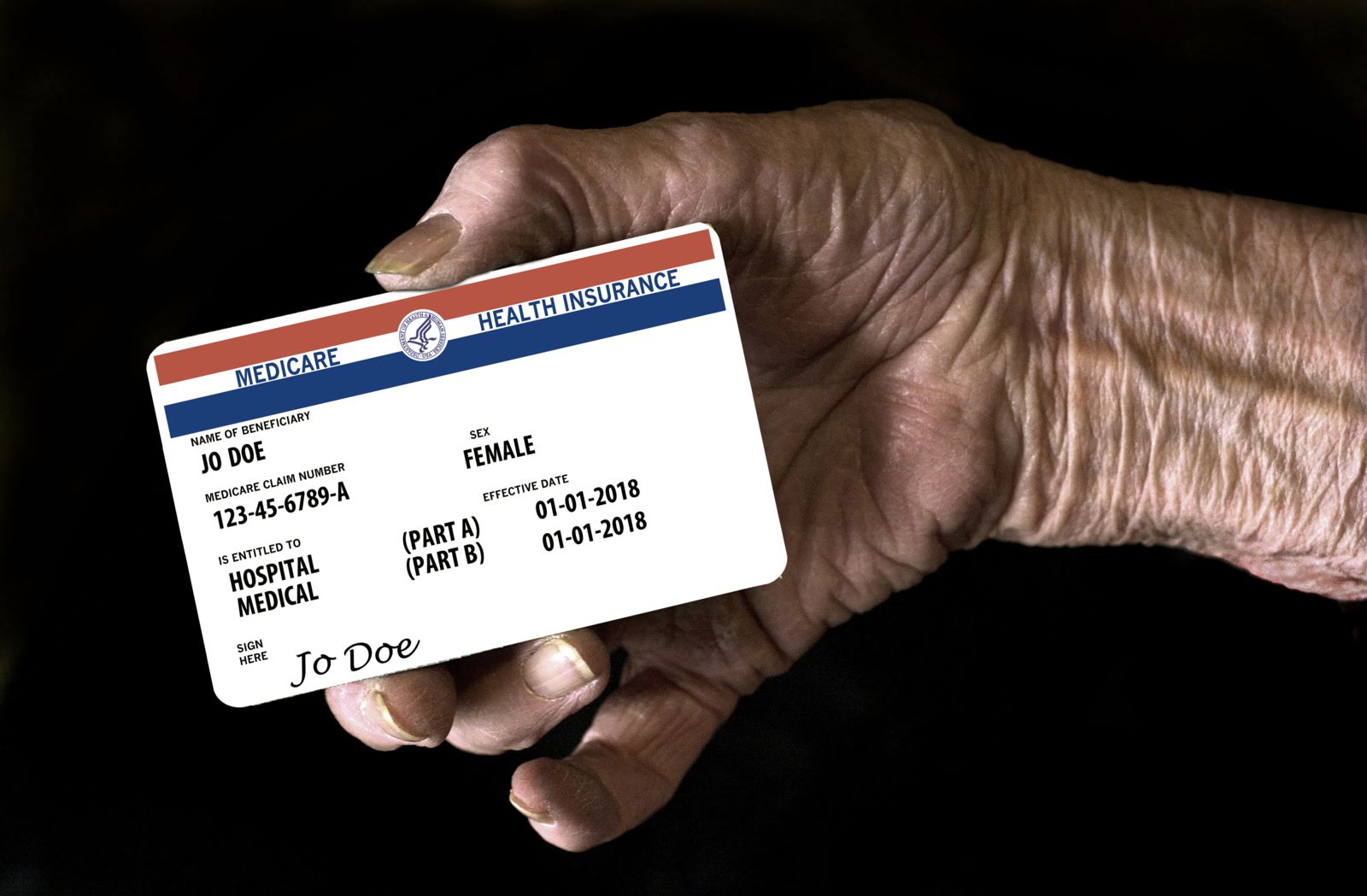Blog
Common Scams Targeting Older Adults and How to Avoid Them
Every year, millions of older Americans lose billions of dollars to scammers. And while millennials are now the most likely age group to fall victim to scams, the 60+ age group is the most frequent target of fraud, and the monetary loss is highest in this group, with a median loss of $500-$1500. One of the top reasons noted by those who have avoided falling for a scam is having prior knowledge of it. So read on to learn about the most common scams affecting seniors, how to avoid them, and what to do in the unfortunate event you become a victim.
Most Common Scams Targeting Older Americans
Holiday Scams:
- Online Shopping Fraud - If you are doing online holiday shopping, shop with known retailers that you trust. If an online deal sounds too good to be true, it probably is.
- Porch Pirates - Porch pirates are criminals who steal delivered packages from people's steps or porches. They are especially prevalent around the holidays. Some shipping companies will hold packages for pickup at their stores. You can also provide instructions to ashipping company to leave packages in an inconspicuous location around your residence.
- Gift Card Fraud - Since criminals can manipulate gift cards on store racks, consider purchasing gift cards directly from a customer service booth or via a store website to ensure the value has not previously been depleted.
Sweepstakes/Lottery/Prizes – Someone will call or email notifying you that you’ve won a prize and need to pay a processing or shipping fee in order to receive it. A common version is that you’ve won a sweepstakes or foreign lottery and need to pay taxes on your winnings.
 Government – An impersonator will call stating they’re from the IRS, Social Security Administration, FBI, or other government entity and will use scare tactics or threats in order to steal your personal information or demand payment for money they say you owe.
Government – An impersonator will call stating they’re from the IRS, Social Security Administration, FBI, or other government entity and will use scare tactics or threats in order to steal your personal information or demand payment for money they say you owe.
Computer Tech Support – This works via a phone call, email, or popup message from a tech company warning that you have a computer virus and advising that they can fix it for a fee. Oftentimes they will offer a monthly subscription service to keep your device safe.
 Medicare/Health Insurance– Scammers posing as a representative from Medicare or your health insurance company will call asking for personal information or say they need to verify your Medicare/healthcare identification number or Social Security Number.
Medicare/Health Insurance– Scammers posing as a representative from Medicare or your health insurance company will call asking for personal information or say they need to verify your Medicare/healthcare identification number or Social Security Number.
Charities – These fundraising scams often occur after a natural disaster, such as a hurricane, flood, fire, or earthquake. These requests are also common around the holidays. Charity scammers will reach out via email, phone, or even in person at your door requesting a donation, sometimes mimicking legitimate nonprofit organizations.
 Phone Scams – There are many different types of phone scams. Some of the most frequent ones are: someone selling extended car warranties (or advising your warranty needs to be renewed), someone notifying you of a problem with your bank account, or someone offering to reduce the interest rate on your credit card. Another common phone scam is the “yes” scam, which begins the moment you answer the phone. The caller will ask you if you can hear them and will record you replying “yes.” This “voice signature” can be used to authorize fraudulent charges.
Phone Scams – There are many different types of phone scams. Some of the most frequent ones are: someone selling extended car warranties (or advising your warranty needs to be renewed), someone notifying you of a problem with your bank account, or someone offering to reduce the interest rate on your credit card. Another common phone scam is the “yes” scam, which begins the moment you answer the phone. The caller will ask you if you can hear them and will record you replying “yes.” This “voice signature” can be used to authorize fraudulent charges.
Romance/Dating Scams – These scams can happen on dating sites but are also common on social media platforms, like Facebook and Instagram, and game apps, such as Words with Friends. The scammer will bond with you, build your trust, and then request money via wire transfer or gift card for an emergency. If successful, they may continue requesting money.
 Overdue Utilities – Representatives claiming to be from a utility company, such as the electric company, may call or visit to tell you your account has an outstanding balance. They will then threaten to shut off your utility unless you pay them immediately.
Overdue Utilities – Representatives claiming to be from a utility company, such as the electric company, may call or visit to tell you your account has an outstanding balance. They will then threaten to shut off your utility unless you pay them immediately.
Grandparent Scam – A young person calls claiming to be your granddaughter or grandson. They tell you they’ve been arrested or need money for another emergency and ask you to wire them money or send a prepaid credit or gift card in order to get them out of trouble.
Warning Signs
- Scammer acts in a threatening manner
- Scammer uses a sense of urgency to pressure you to take immediate action, using phrases such as “must act now” or “this offer will expire soon”
- Scammer requests you pay by gift card or wire transfer
- You’ve been told you have won a sweepstakes or lottery that you did not enter
Prevention Tips
- Microsoft, Apple and other tech firms do not call customers to warn them of problems.
- Check out all charities to make sure they’re legitimate before donating. You can look up an organization at charitynavigator.org.
- Don’t ever give out personal information such as a Social Security Number, account numbers, date of birth, and bank or credit card information.
- Be careful before clicking on any links or downloading an attachment in an email. Never open an email attachment from someone you don't know, and be wary of email attachments forwarded to you.
- Do not send gift cards, jewelry, checks, or money via wire transfer to anyone. Never give or send any personally identifiable information to unverified people or businesses.
- If a company contacts you requesting personal information or demanding payment, or if something just doesn't feel right, hang up and call or email the company directly to confirm it was them trying to reach you. You could also do an online search of a person, company, or advertised offer. Other victims may have already posted information about these individuals and businesses and can help confirm they are scams.
- Screen your phone calls. If you do not recognize a phone number, let it go to voicemail. See if your phone service provider offers a robocall blocking service. Consider registering your telephone number in the National Do Not Call Registry.
- If you get a questionable popup window online, shut down your computer and restart. Enable popup blockers.
- If you think you might have a computer virus, get it checked by a reputable company.
- Install reputable computer anti-virus and security software and malware protection, and make sure to keep them up to date.
- Make it a habit to monitor your bank and financial accounts, credit card statements, and credit reports.
- Trust your instincts. If it sounds too good to be true, it probably is!
What to Do if You’re a Victim of a Scam
- Report any suspected scam to your local FBI field office.
- If you’ve fallen victim to a credit card scam, call your card provider to dispute the charge, and cancel any recurring monthly fees.
- If you've given out any bank account information, immediately contact your financial institution to place protections on your account, and monitor your account for suspicious activity.
- Sign up for AARP scam alerts to stay up to date on current scams.
